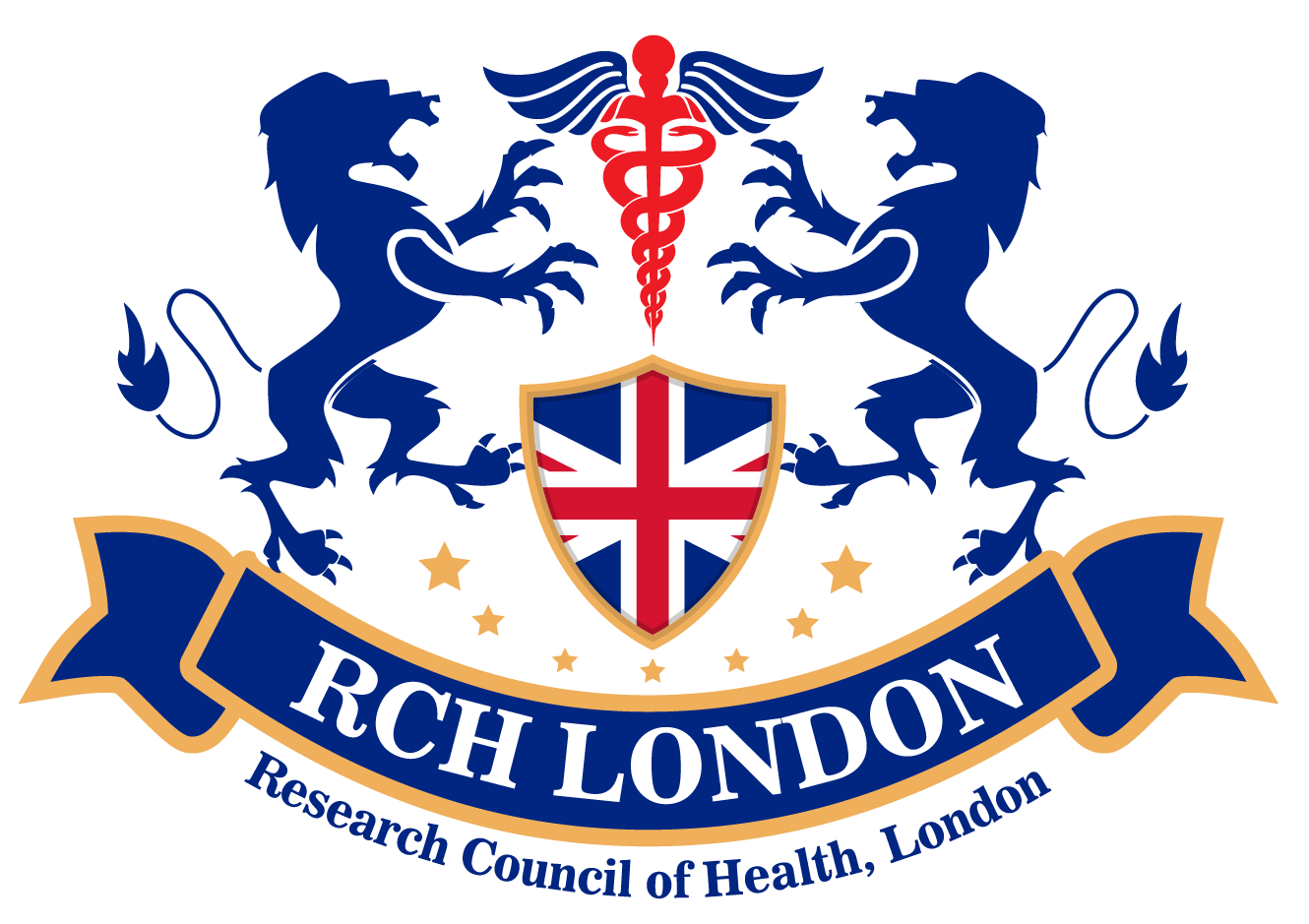UK Research and Innovation (UKRI) and the National Institute for Health Research (NIHR) are funding four new research studies into ‘Long-COVID’ in the community.
The studies aim to better understand and address the longer-term effects of COVID-19 on physical and mental health. People experiencing the longer-term effects of COVID-19 – what is known as ‘Long-COVID’ – will benefit from research worth £18.5 million. The research will help better understand the causes, symptoms and treatment of the condition. The funding will be given to four studies to identify the causes of ‘Long-COVID’ and effective therapies to treat people who experience chronic symptoms of the disease. The projects were chosen following a UK-wide call to find ambitious and comprehensive research programmes. The programmes will help address the physical and mental health effects of COVID-19 in those experiencing longer-term symptoms but who do not require admittance into hospital. What is ‘Long-COVID’? ‘Long-COVID’ can present with clusters of symptoms that are often overlapping and/or fluctuating. A systematic review has highlighted 55 different long-term effects but common symptoms of ‘Long-COVID’ include: breathlessness headaches cough fatigue cognitive impairment or ‘brain fog’. Approximately one in 10 people with COVID-19 continue to experience symptoms and impaired quality of life beyond 12 weeks, what is known as ‘Long-COVID’. ‘Long-COVID’ may comprise of several distinct syndromes not yet fully understood and these studies will help solve this. Living with ‘Long-COVID’ Amy, 27, has been experiencing ongoing breathing problems after first contracting COVID-19 three months ago. She said: I expected to be fully recovered within two weeks, but I actually isolated for three weeks because I just didn’t feel comfortable going out, I was still really poorly. At my age, I didn’t expect to suffer symptoms for more than just a few days. Feeling that poorly for that long, hearing all the horror stories and things, I wondered if I would actually go back to normal. I exercise a lot and it was really scary thinking that I might not actually get back to that again. It’s quite shocking to me actually that three months on I’m still not really myself. Monique, 32, has ‘Long-COVID’ and was involved in the process of deciding which research to fund. She said: As a relatively young, fit and healthy person I have been surprised to suffer from the debilitating effects of long COVID. I was very keen to participate in the funding process of long COVID research and hope the work from these studies will lead to furthering understanding and treatment for this new disease. The impact of long COVID is being felt on a global scale and will influence times to come. It is crucial that more funding for research continues in this area. Further funding UKRI and the NIHR are also jointly funding major studies to characterise acute and longer-term disease in hospitalised patients. The Post-HOSPitalisation COVID-19 study (PHOSP-COVID) was backed by £8.4 million in funding. It looks into the long-term physical and mental health implications of COVID-19 to support the development of new measures to treat NHS patients with coronavirus. Both funders will continue to consider research proposals on ‘Long-COVID’. Professor Fiona Watt, Executive Chair of the Medical Research Council, part of UKRI, said: There is increasing medical evidence and patient testimony showing that a significant minority of people who contract COVID suffer chronic symptoms for months after initially falling ill, irrespective of whether they were hospitalised. These four large-scale projects will work with affected individuals to better understand and address these debilitating long-term impacts. Chief Medical Officer for England and Head of the NIHR, Professor Chris Whitty said: Good research is absolutely pivotal in understanding, diagnosing and then treating any illness, to ease symptoms and ultimately improve lives. This research, jointly funded through the NIHR and UKRI, will increase our knowledge of how and why the virus causes some people to suffer long term effects following a COVID-19 infection – and will be an important tool in developing more effective treatments for patients. Health and Social Care Secretary, Matt Hancock said: I am acutely aware of the lasting and debilitating impact long COVID can have on people of all ages, irrespective of the extent of the initial symptoms. Fatigue, headaches and breathlessness can affect people for months after their COVID-19 infection irrespective of whether they required hospital admission initially. In order to effectively help these individuals we need to better understand long COVID and this funding will help kickstart four ambitious projects to do just that.


